Zoltan Kiszelly emphasized that Hungary’s pro-peace stance does not mean isolation, but rather reflects the opinion of the global majority. “This is really the fruition of last year’s peace mission,” he said.
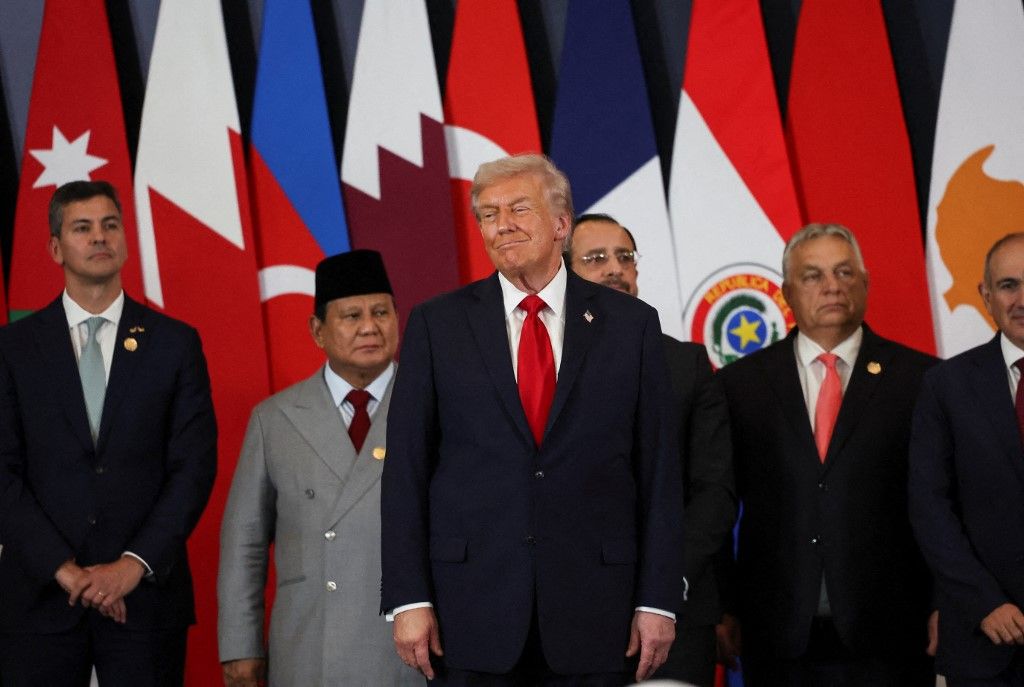
Globalists keep pushing the propaganda that Hungary is isolated—but that’s not true. Within the EU, yes, Hungary is in the minority, but globally, the majority shares Hungary’s pro-peace position,
the expert pointed out.
In Hungary, Peace Is Being Given a Chance
Kiszelly explained that within the European Union—where the European People’s Party (EPP) led by Ursula von der Leyen and Manfred Weber, along with the Tisza Party’s pro-war line, dominate—Hungary may be in the minority. However, globally, the pro-peace position is the majority view. That is why Hungary joined the “Friends of Peace” platform at the UN, backed the Chinese–Brazilian peace initiative, and why Prime Minister Viktor Orban launched his own peace mission last July.
So this policy is now bearing fruit,
the analyst added. Kiszelly said
the summit is a major success for Hungary’s pro-peace foreign policy:
“The meeting to be held in Budapest brings to mind the 1994 Budapest Memorandum, when Ukraine, Belarus, and Kazakhstan gave up nuclear weapons in exchange for security guarantees. Now again, Budapest is hosting talks that could lead to a ceasefire, and eventually peace, in Ukraine.”
Let’s not talk about peace yet—first comes the ceasefire, then peace. Last year, PM Orban asked world leaders and involved countries what conditions they could support for a ceasefire, and then for peace.
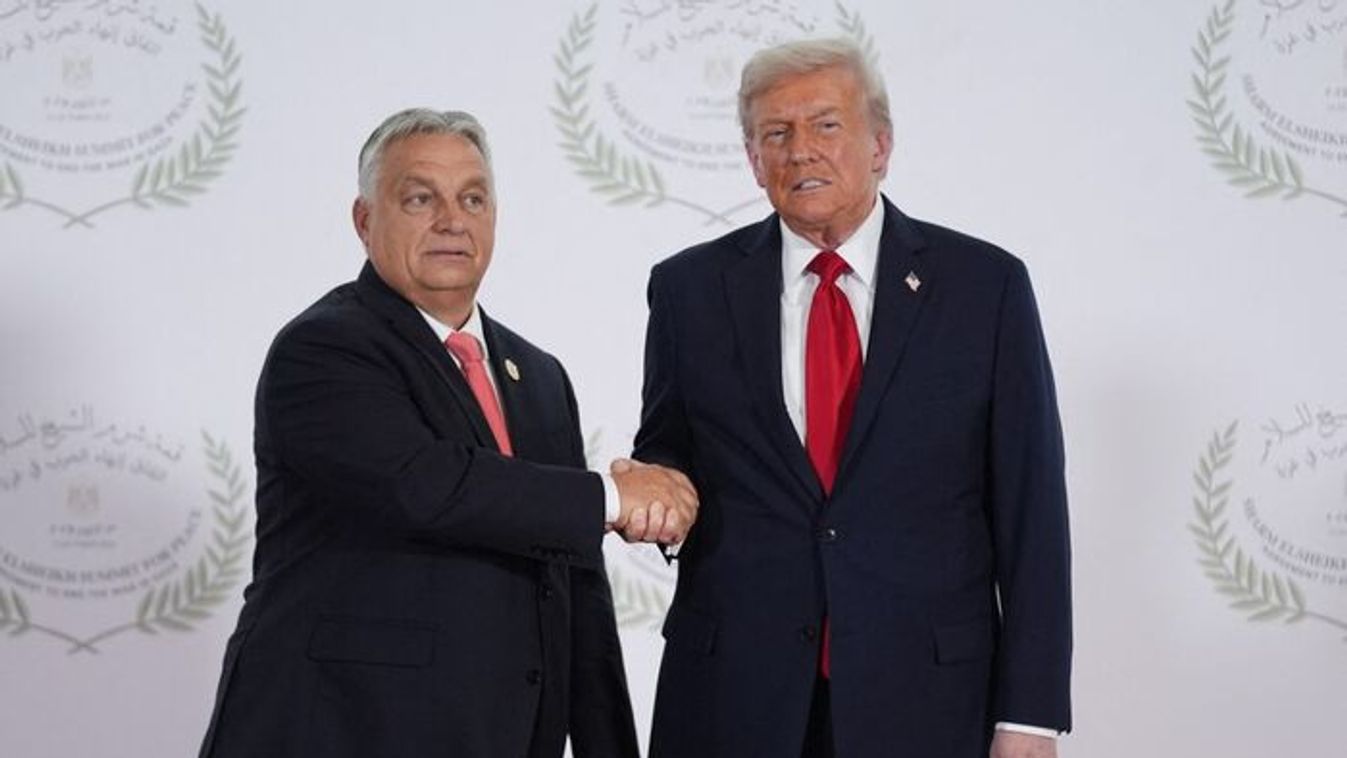
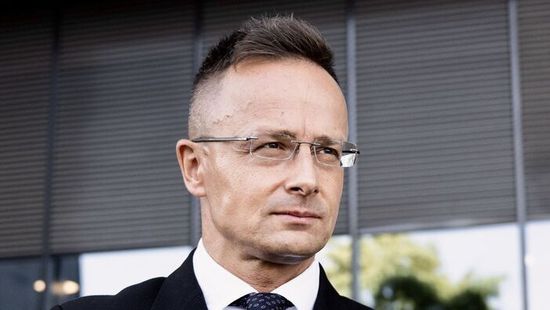
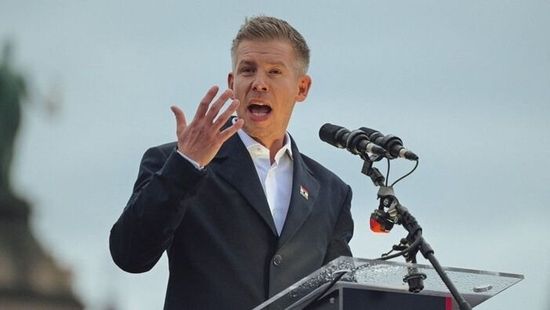
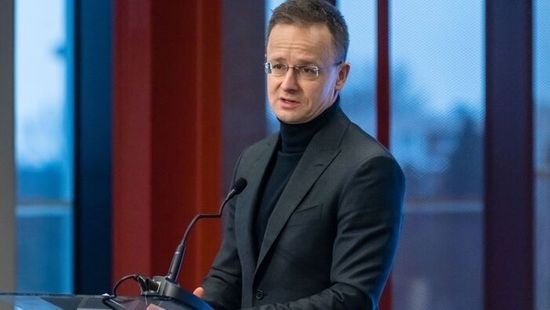
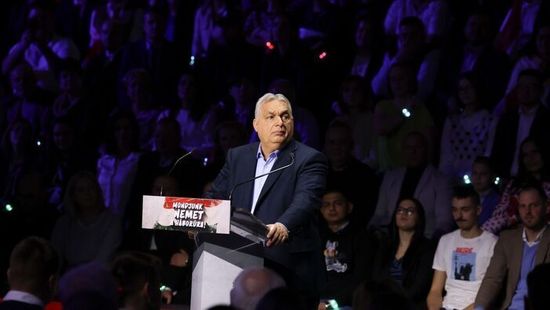

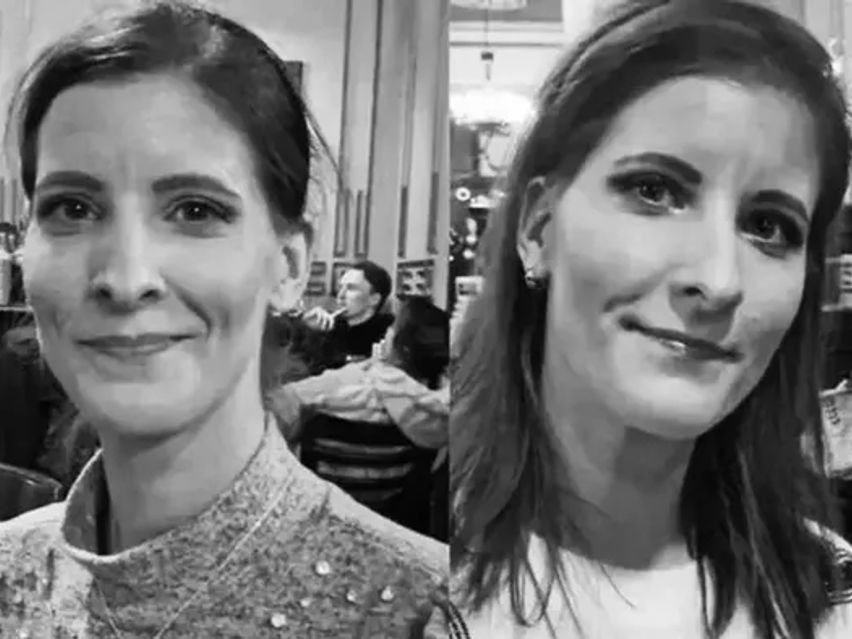
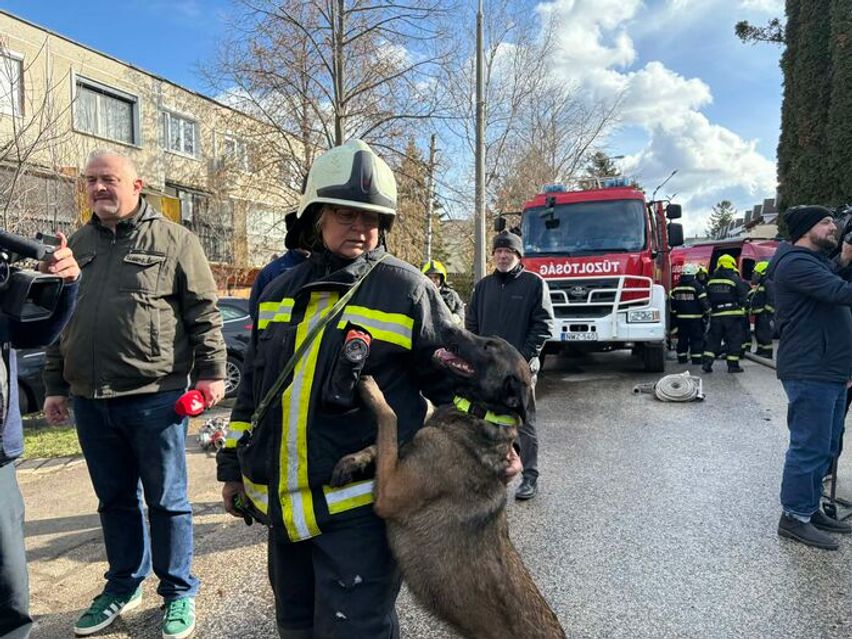
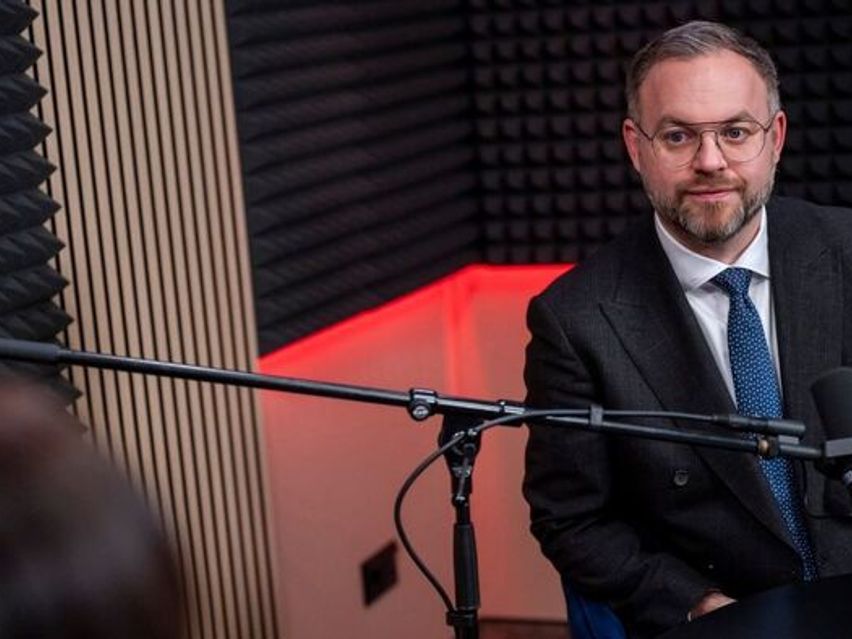
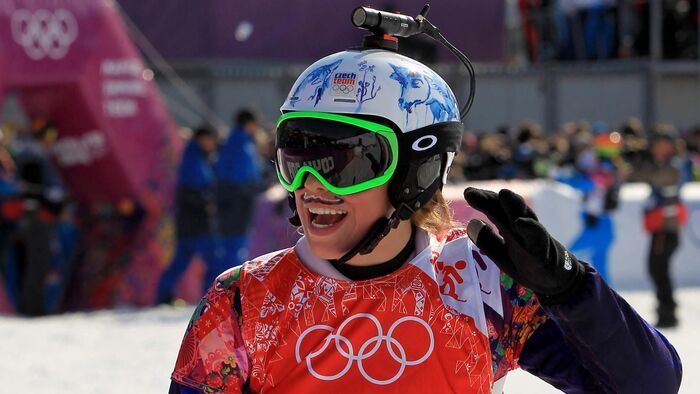

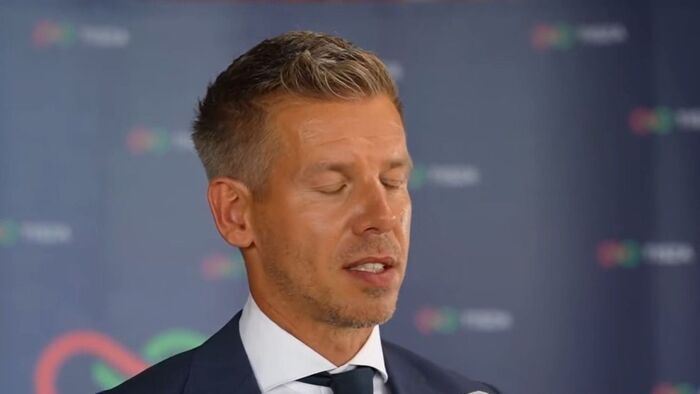



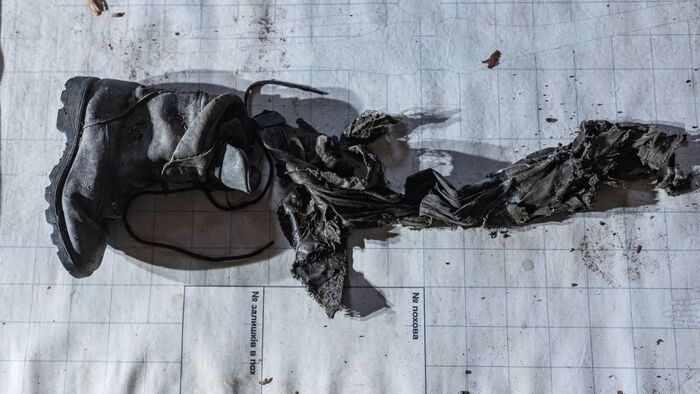
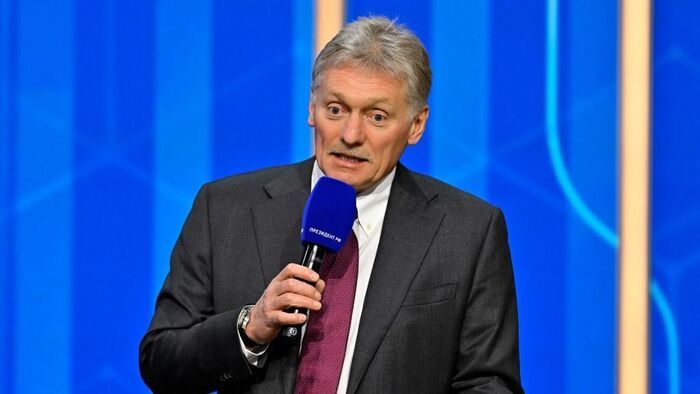
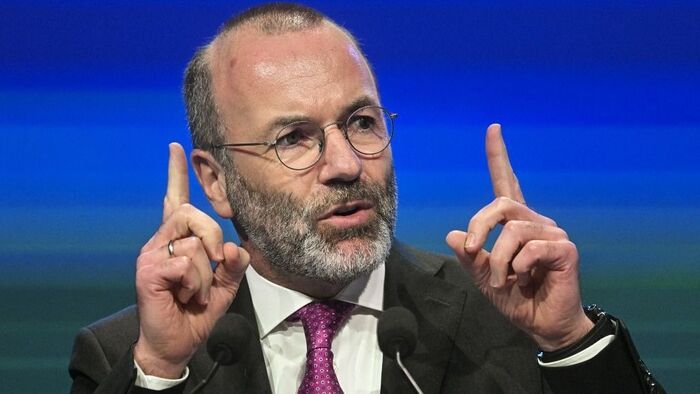



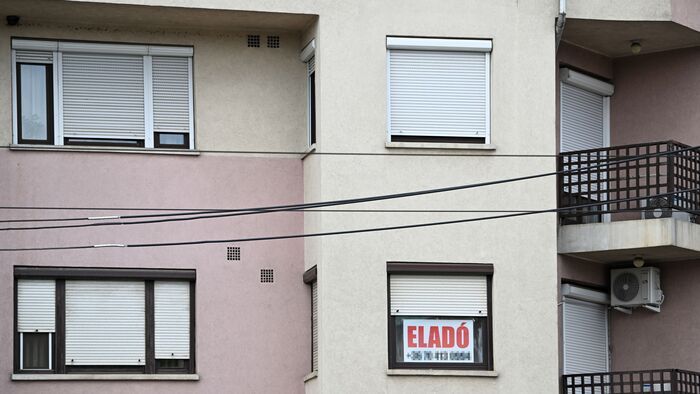

Szóljon hozzá!
Jelenleg csak a hozzászólások egy kis részét látja. Hozzászóláshoz és a további kommentek megtekintéséhez lépjen be, vagy regisztráljon!